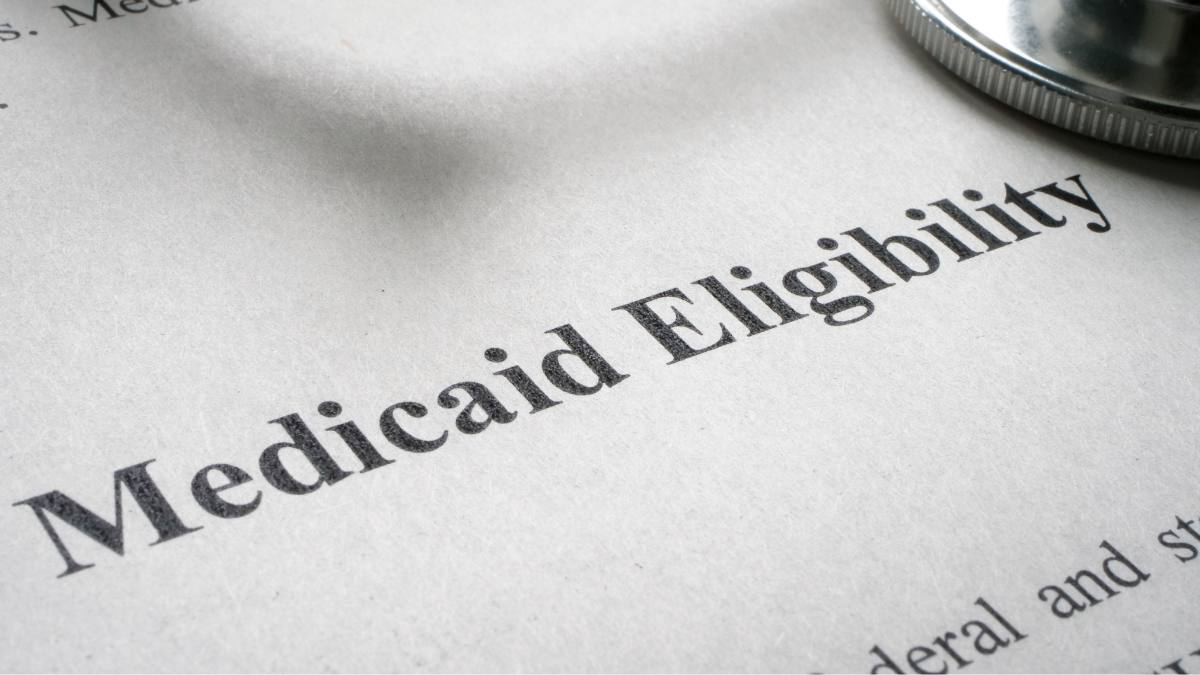Regarding healthcare programs in the United States, Medicare and Medicaid are often discussed together. However, they are different, with varying eligibility and services. Understanding the distinction between Medicare vs. Medicaid is key for getting proper financial coverage and benefits. Here, finance experts share the key differences between the two plans and which best suits you and your needs.
What is the difference between Medicare and Medicaid?
Medicare and Medicaid may sound similar, but they serve different groups of people and are structured differently. Medicare is a federal program for people 65 and older or younger individuals living with disabilities, explains Kavelle Christie, health policy and advocacy expert, who adds that the benefits are the same no matter where you live in the country. You will also often hear about Medicare parts A, B, C and D, which refer to different coverage areas.
Conversely, Medicaid is a federal and state program that varies depending on where you live. Unlike Medicare, it helps cover healthcare for low-income residents. Christie notes that states have more flexibility in running their Medicaid programs, so coverage and eligibility can vary by state.
Can you qualify for Medicaid and Medicare?
Yes, you can be eligible for both programs. “Many older adults and people with disabilities who live on limited incomes use Medicare for hospital and doctor visits, while Medicaid helps fill in the gaps, covering things like home care, nursing support or reduced prescription costs,” says Christie. This combination, known as “dual eligibility,” can be critical for those managing chronic conditions or long-term needs.
What does each program cover?
A key difference between the two programs is that Medicare only covers short-term medical care while Medicaid offers longer-term care and coverage. For instance, “Medicare will cover up to 101 days of rehab and/or inpatient care, but does not cover past then,” says Jay Zigmont, PhD, CFP, founder and CEO of Childfree Wealth.
Additionally, “Medicare covers an array of outpatient services, certain durable medical equipment (DME)—like wheelchairs and oxygen supplies—when they are considered medically necessary, annual visits, screeings and certain surgeries or bigger tests,” says Princella Seymour, CEO and founder of Complete Elder Solutions
Out-of-pocket costs: Medicare vs. Medicaid
Christie notes that Medicare is the more expensive of the two, with monthly premiums, deductibles and coinsurance. “For example, most people pay a monthly premium for Part B (which covers outpatient care) and often need to buy a separate prescription plan,” she says. Those costs can really add up, especially for people on fixed incomes.
Out-of-pocket costs can include prescription glasses, dental care such as cleanings, fillings, tooth extractions or dentures. It may also include boutique or concierge medicine.
Medicaid, by contrast, is generally low-cost or no-cost. Most states keep co-pays minimal, but they still vary. Christie says co-pays are sometimes as low as $4.
How to apply for Medicare or Medicaid

Enrollment for Medicare is handled through the Social Security Administration, explains Jack Glasker, managing partner at Affordable Healthcare Solutions LLP. On the other hand, the state determines Medicaid, and qualification supersedes all other insurance programs. “For people without Medicare and only Medicaid, alternative insurance may be purchased if network restrictions are too onerous,” he adds.
Medicaid eligibility is also determined by age, income level, family size and whether the individual is pregnant or has a disability. “In addition to financial criteria (you will need to submit proof of income, like a paystub or W-2), non-financial eligibility requirements include residency in the state providing Medicaid, US citizenship or qualified non-citizen status and, in some cases, age or parenting status,” adds Seymour.
You can apply online for both programs. Christie notes that open enrollment is a great time to look at your plan. “Medicare plans change every year, and a quick review could save you money or get you better coverage without changing much else.”






